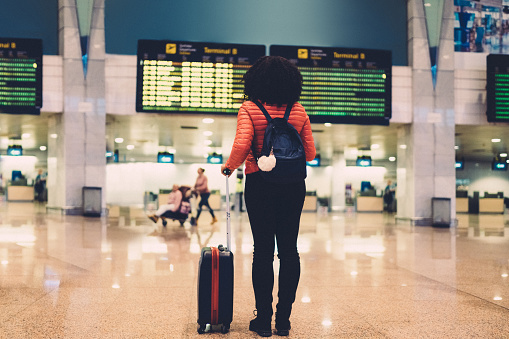THE UK has imposed an extended ban on visitors departing from or travelling through southern African nations due to concerns over the new COVID-19 strain.
The initial ban, which was announced on 23 December last year, will now be reviewed on 23 January 2021 since South Africa’s COVID-19 cases have reached over one million.
These new restrictions bring South Africa in line with other African nations such Namibia, Zimbabwe, Botswana, Eswatini, Zambia, Malawi, Lesotho, Mozambique and Angola as well as the island nations of Mauritius and the Seychelles,
Concerns were previously raised about a “loophole” that allowed returning British and Irish nationals to enter via connecting flights and avoid quarantine measures.
These comments come after returning residents will no longer be allowed to enter the UK’s “Test to Release” programme, which previously allowed travellers to avoid self-isolation by producing a negative COVID-19 test result once on UK soil.
The programme will be revoked from Saturday.
A mandatory self-isolation period of ten days for British and Irish Nationals will now be implemented despite a negative COVID-19 PCR test, and in accordance with most international travel guidelines, a negative test result that is acquired within 72 hours of the traveller’s arrival, is required prior to boarding.
Further measures include that people sharing a household with anyone self-isolating from these countries will also have to self-isolate for 10 days.
The Department for Transport declared that this move was inevitable due to the “steep rise in incidence of the new COVID-19 variant, that has vastly increased the risk of community transmission.”
Scientists have determined the South African COVID-19 variant is more transmissible, though research remains ongoing as to whether it can harm the effectiveness of vaccines that have already been developed to stem the spread of the virus.


Comments Form